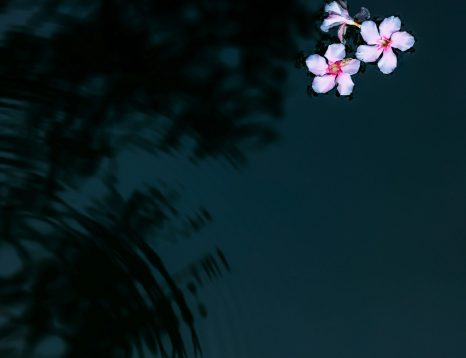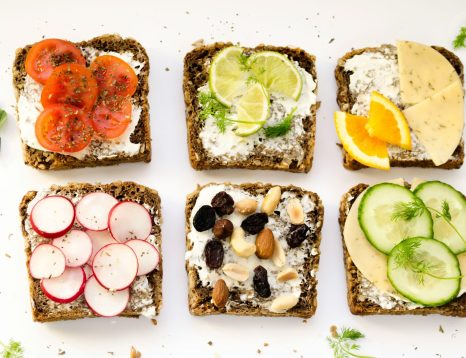
Lingonberries look like very small pomegranates, have a sweet and sour taste and their aroma is reminiscent of pine and cedar. The leaves of the bush and its fruits are collected for the preparation of medicinal extracts, while in Greece we only find it in mountainous regions of the north-east or packaged.
During the 13th century, the cultivation of lingonberries was considered valuable, especially in Iceland where it was forbidden to pick them by passers-by.
Nutritional value per 100 gr
Energy: 54 kcal
Protein: 0.8 g
Carbohydrates: 10.4 g
Fiber: 2.5 g
Fat, total: 0.5 g
Saturated : 0.018 g
Monounsaturated: 0.057 g
Polyunsaturated: 0.326 g
Omega-3: 0.183 g
Omega-6: 0.143 g
Water: 85.6 g
Vitamins
Vitamin A: 1.75 mg
Beta-Carotene: 21.0 mg
Vitamin E: 1.60 mg
Vitamin B1: 0.050 mg
Vitamin B2: 0.040 mg
Vitamin B3: 0.633 mg
Vitamin B6: 0.013 mg
Pantothenic acid: 0.120 mg
Biotin: 2.40 mg
Folic acid: 2.00 mg
Vitamin C: 11.0 mg
Metals and Minerals
Sodium: 2.00 mg
Potassium: 89.0 mg
Calcium: 20.0 mg
Magnesium: 9.00 mg
Phosphorus: 16.0 mg
Iron: 0.400 mg
Copper: 0.072 mg
Zinc: 0.180 mg
Iodine: 0.150 mg
Manganese: 3.20 mg
Chromium: 1.00 mg
Nickel: 5.00 mg
Organic acids
Benzoic acid: 135 mg
Benefits for the organization
- They have an antiseptic effect
- They have medicinal properties
- They help regulate weight
- They have anti-inflammatory and antioxidant effects
- They help reduce urinary tract infections
- They have antimicrobial activity
- They reduce the risk of cancer
Sources: POWERFOODS










